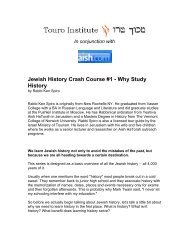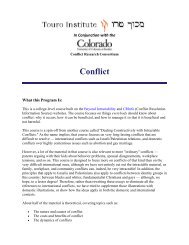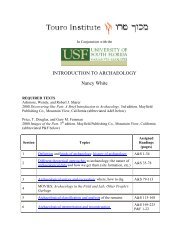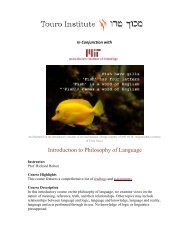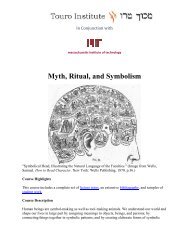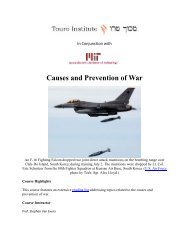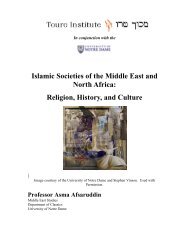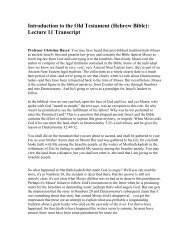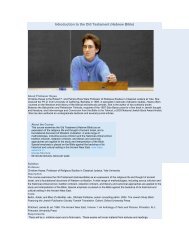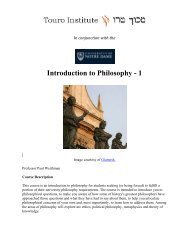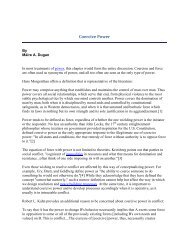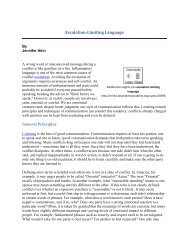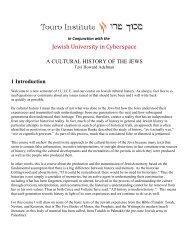In Conjunction with Cultural Anthropology - Touro Institute
In Conjunction with Cultural Anthropology - Touro Institute
In Conjunction with Cultural Anthropology - Touro Institute
Create successful ePaper yourself
Turn your PDF publications into a flip-book with our unique Google optimized e-Paper software.
g. a culture-specific hysterical disorder in which young men attack other people and<br />
destroy property<br />
h. A deviant master status the roles of which involve residual rule breaking<br />
i. the ways of behaving that are expected of an individual who holds a particular social<br />
status in a specific culture<br />
j. behaviors, often performed in repetitive and stereotyped ways, that express people's<br />
anxieties by acting them out; may be an attempt to influence the supernatural realm to<br />
achieve greater control over the natural world<br />
k. a physiological response to any demand, characterized by the body's preparing itself<br />
for action<br />
l. loss of rank that accompanies the social rejection of persons who have violated<br />
accepted role behavior<br />
m. a consistent pattern of behavior related both to inner forces and to external, cultural,<br />
and social pressures<br />
n. subjective state of mind where experiences are not interpreted in terms of normal<br />
symbolic categories of one's culture<br />
o. a Cheyenne status that required the reversal of all normal behaviors, reserved for the<br />
bravest warriors<br />
p. an empirical approach to data collection that emphasizes statistical correlations<br />
between culture and psychological processes<br />
q. an altered state of consciousness in which individuals feel as if their behavior is under<br />
the control of one or more spirits that have entered their bodies<br />
r. behavior that differs enough from what society expects that others notice and react to<br />
it<br />
s. a distressful emotion characterized by concerns about inadequate power to protect<br />
oneself from specific danger<br />
t. miscellaneous, normally unspoken rules that people are expected to follow to avoid<br />
violating the pattern or style of behavior that is expected in the culture<br />
True/False - Chapter 4: Culture, Personality, and Psychological Process<br />
True<br />
False<br />
1. A basic personality type consists of those personality traits that are shared by<br />
all members of a society?<br />
2. According to Margaret Mead, the Iatmul of New Guinea encouraged<br />
aggression in their children by frustrating their attempts to take food.<br />
3. Emotion is a biological process, but it is also related to role playing.<br />
4. According to Barry, Child, and Bacon how do agricultural and foraging<br />
societies commonly differ in their socialization practices?<br />
5. According to Wright, there are definite relationships between socialization<br />
practices and a society's folklore.<br />
6. Anxiety is one result of unrelieved stress.



